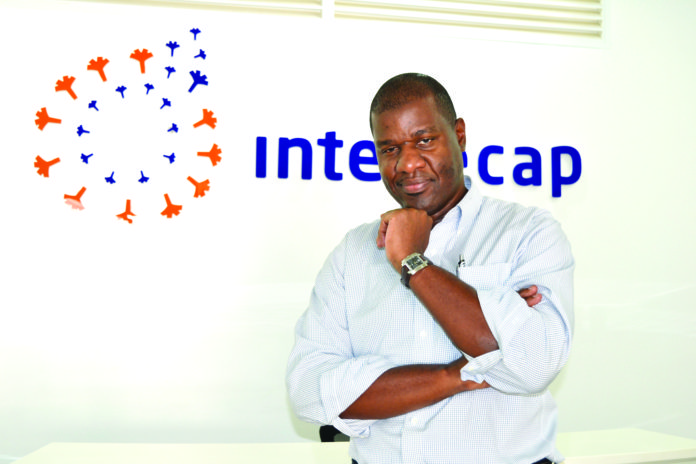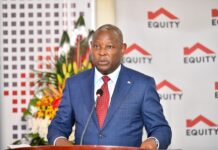Entrepreneurs have to walk a tight string to make in in business. They have to overcome great odds stacked against them on their way to success. Little wonder then, that more than half of start-ups die in the first five years of business. Hustle Magazine interviews Dr. Moka Lantum, the CEO and Chairman of Microclinictechonologies Limited, a successful medicine distribution start-up. Excerpts herewith:
Hustle: Give us an overview of your entrepreneurship journey?
Moka: I started ZiDi in 2011. Its a local firm which supplies medicines to those who it most. Our main objective is to to improve access to medicine. ZiDi is designed to improve the quality of maternal and child health-care by facilitating the diagnosis and treatment of common diseases that affect women and children. It’s the only E-health solution in Kenya which is endorsed by the Kenya Medical Supply Authority, World Bank, Microsoft and Yahsat. It’s also approved by the Ministry of Health in Kenya.
Hustle: How was your launch?
Moka: Our first product launch was a total failure. Through funding from international donor organization, we piloted the product in big hospitals. This allowed us to develop a unified platform for hospitals and dispensaries.
Hustle: Launching a start up is always a challenging exercise which requires grit, determination and resilience. Which challenges did you face and how did you overcome them?
Moka: The main challenge was commercializing the business venture in the private sector. The iSikCure platform sought to be the first responders in partnership with local governments.
But marrying the two systems wasn’t easy. First, our platform focused on non communicable diseases, while the government focused on maternal child health, HIV/Aids and Malaria. We realized that most households have people who need more medicine.
Another realization was that not everyone was rich enough to own a mobile phone. Prescription was also a key area of concern since most people did not understand how that worked. To solve the issues on the ground, we decided to build hubs near dispensaries as part of our distribution strategies.
Hustle: What has been your interaction with the Sankalp Forum?
Moka: We applied in October 2013. We were later informed that we had been selected to pitch. After that, we were assigned mentors and after pitching, we emerged as second runners up.
It was a huge endorsement for us and we got good feedback. Our initial pitch was selling to government but we realized that the government was good for procurement contracts rather than for entrepreneurship. The investor ecosystem, however, doesn’t look at tenderprenuers favorably.
Hustle: What were the key benefits that you gained from the summit?
Moka: Sankalp helped us change our business model. It also helped us to scale.
Hustle: Any lessons that you learned from the summit?
Moka: First, most local businesses start form need. Health care, energy, Agro, financial inclusion are impact spaces. Entrepreneurs fill that gap.
Secondly, I learned how to acquire customers. The cost of acquiring them should be minimal.
Finally, I became aware of the various bottlenecks to growth.One of these is funding. For most entrepreneurs in Africa, funding comes as a gran. We simply have no access to other kind of funding, like crowd-funding. Crowd-funding doesn’t work well here compared to abroad.
Hustle: Why is it hard for local start-ups to attract funding?
Moka: It’s two fold. First, we are a capital driven market. People will only put in the money when the see the asset.
Secondly, service oriented entrepreneurs always struggle to get funding. You don’t get funding when you don’t have collateral. That’s why you have to look outside to get help from investors. Local enterprises find it hard because they have to reach a certain capitalization to access local capital.
Hustle: What are your future plans?
Moka: I would like to first of all maximize the current channel, then build ISikCure brand to start attracting partners. We also have plans to make the brand more sustaining. To make the brand self sustaining, you need to mind into shape. It takes three to seven years to build a brand.



















